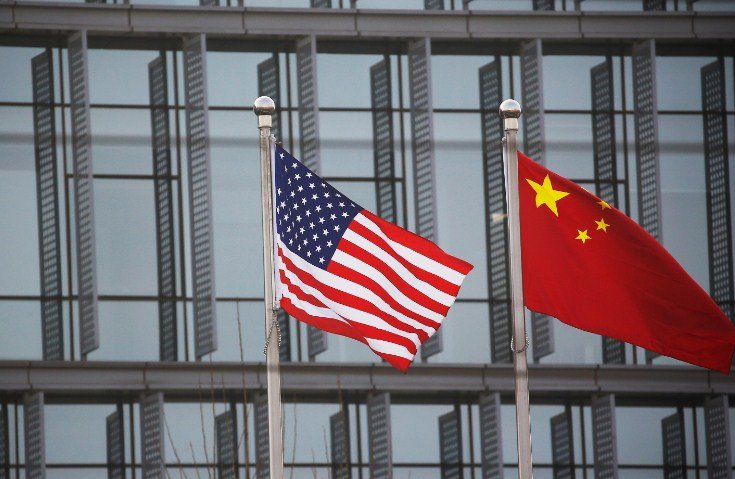The U.S. federal government is not the only one that is trying to curb the influence of Chinese business in the country. Several states across the nation are also enacting or proposing legislation that would restrict or ban the involvement of Chinese companies in various sectors, such as technology, infrastructure, and education. These measures are driven by concerns over national security, human rights, and economic competition, but they could also have unintended consequences for the U.S.-China relationship and the global economy.
State-Level Actions Against Chinese Business
Some of the states that have taken action against Chinese business include:
- Texas: In June 2023, Governor Greg Abbott signed a bill that prohibits state agencies and local governments from contracting with companies that are connected to China or other countries that pose a threat to U.S. security. The bill also requires state pension funds to divest from such companies.
- New York: In July 2023, Governor Kathy Hochul signed an executive order that bans state agencies from doing business with companies that have ties to China’s military or that are involved in human rights violations in Xinjiang, Hong Kong, or Tibet.
- Florida: In August 2023, Governor Ron DeSantis announced a legislative proposal that would bar state and local governments from investing in or contracting with Chinese companies that are engaged in espionage, intellectual property theft, or human rights abuses. The proposal would also prohibit Chinese companies from owning or operating critical infrastructure in Florida, such as ports, airports, railways, and power plants.
Motivations and Implications of State-Level Actions
The state-level actions against Chinese business are motivated by various factors, such as:
- National security: Many states are worried about the potential risks of Chinese companies accessing sensitive data, technology, or infrastructure that could compromise U.S. security or give China an unfair advantage in strategic domains.
- Human rights: Some states are concerned about the human rights violations that China is accused of committing in regions like Xinjiang, where the Uighur minority is subjected to mass surveillance, detention, and repression. They also want to show solidarity with the pro-democracy movement in Hong Kong and the Tibetan cause.
- Economic competition: Some states are also wary of the economic threat that China poses to the U.S., especially in sectors like technology, where China is investing heavily in innovation and research. They want to protect their domestic industries and workers from unfair competition or theft of intellectual property.
However, these state-level actions could also have unintended consequences for the U.S.-China relationship and the global economy, such as:
- Trade disputes: The state-level actions could trigger retaliatory measures from China, such as tariffs, sanctions, or boycotts of U.S. products or services. This could escalate the trade war between the two countries and hurt both economies.
- Investment losses: The state-level actions could deter Chinese investment in the U.S., which could reduce job creation, innovation, and growth opportunities for both countries. According to a report by Rhodium Group and the National Committee on U.S.-China Relations, Chinese direct investment in the U.S. fell by 31% in 2022 compared to 2021, reaching its lowest level since 2010.
- Diplomatic tensions: The state-level actions could undermine the efforts of the Biden administration to reset its tense relationship with China and cooperate on global issues such as climate change, pandemic response, and nuclear proliferation. The state-level actions could also alienate U.S. allies and partners who have different views or interests regarding China.
The state-level actions against Chinese business reflect the growing distrust and hostility between the U.S. and China, which have been exacerbated by the Covid-19 pandemic, the Hong Kong protests, and the Taiwan issue. While these actions may be intended to protect U.S. security and values, they could also backfire and harm U.S. interests and influence in the long run.

